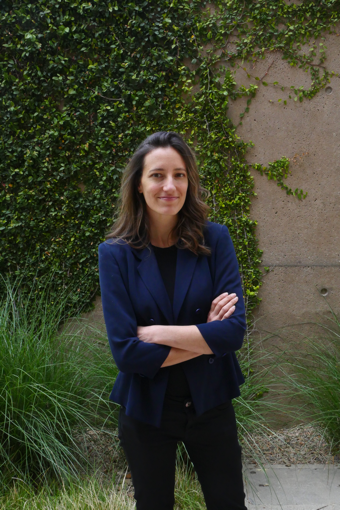Climate engineering is a dystopian project. But as the human species hurtles ever faster towards its own extinction, geoengineering as a temporary fix, to buy time for carbon removal, is a seductive idea.
We are right to fear that geoengineering will be used to maintain the status quo, but is there another possible future after geoengineering? Can these technologies and practices be used to bring carbon levels back down to pre-industrial levels? Are there possibilities for massive intentional intervention in the climate that are democratic, decentralised, or participatory?
These questions go against a binary that has become common sense: geoengineering is assumed to be on the side of industrial agriculture, inequality and ecomodernism, in opposition to degrowth, renewable energy, sustainable agriculture and climate justice. Holly Jean Buck’s book After Geoengineering: Climate Tragedy, Repair & Restoration rejects this binary, to ask: what if the people seized the means of climate production?
After Geoengineering: Climate Tragedy, Repair & Restoration is published by Verso.
Biographies
Holly Jean Buck
Holly Jean Buck is a faculty fellow with the Forum for Climate Engineering Assessment in Washington, DC, a member of the Steering Committee for the international Climate Engineering Conference in Berlin, and a doctoral researcher at Cornell University, from which she holds a PhD in development sociology.
Aaron Bastani
Aaron Bastani is co-founder and senior editor at Novara Media. He holds a PhD from the New Political Communication Unit, University of London, examining social movements in the digital environment. His research interests include new media, social movements, asymmetric strategies and post-scarcity political economy.

